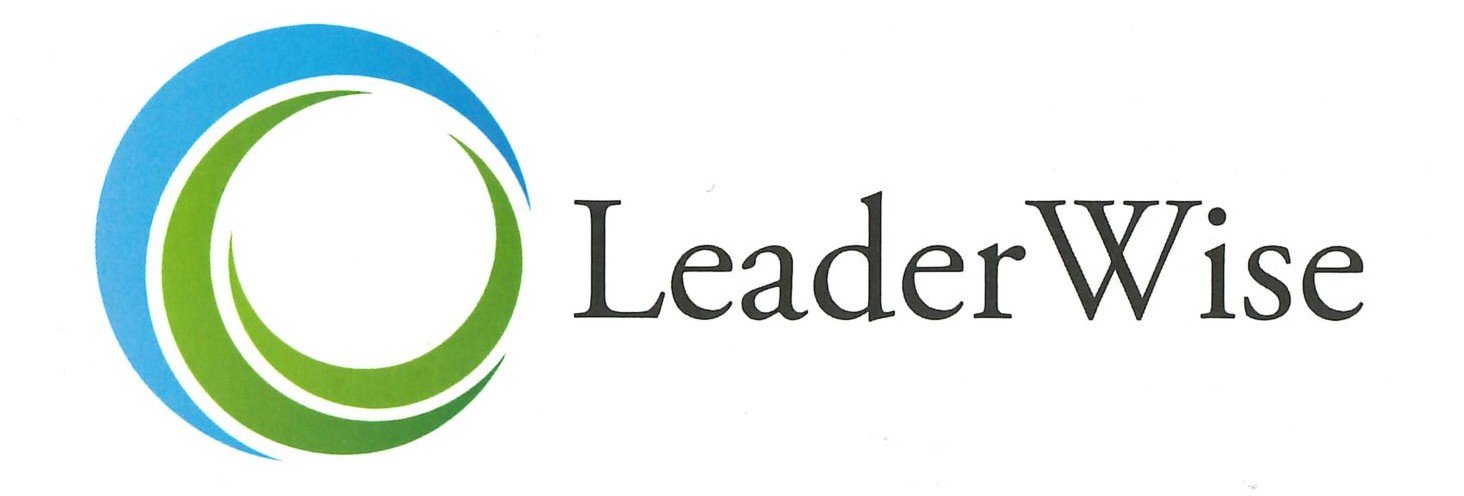Strength through Neurodiversity
A video from my brother arrived in my text messages. I eagerly clicked on the image to see my 4-year-old nephew standing at the top of a water slide in the middle of their new neighborhood pool. Water poured down upon his little body. He stood there while his hands pushed the water back from his face. Over and over again, as the line behind him for the slide got longer and longer. I heard his dad kindly yell from behind the camera, “It’s okay. Go down the slide.” The message broke through and down he slid. As a person with neurodivergence, my nephew’s felt senses can quite literally overwhelm his brain. In that moment, it was the feel and sound of rushing water.
A few years ago I hadn’t even heard the word neurodiversity. However, my love of this child and the model of his most-amazing parents in raising him has inspired my curiosity and my willingness to change my own behaviors. Neurodiversity, I have since learned, is a movement that sprang out of the disability rights movement. A person with neurodivergence has a brain that functions differently from the typical brain. Neurodivergence can include anxiety, depression, learning and/or intellectual disabilities, autism, migraine disease, traumatic brain injury, PTSD/cPTSD, and more. The movement promotes support systems for people with neurodiversity rather than pushing them to “fix” or “cure” a person’s brain function.
Growing up, my family practiced the Golden Rule. It was a gift to me to know and claim how I wanted to be treated. However, I quickly discovered that not everyone wants to be treated my way. I was confused, frustrated and even angry by their reactions to my loving acts. At some point on my journey, some kind soul taught me the Platinum Rule: Treat others the way they want to be treated. I remembered the promise we made as a congregation in baby dedications to create a community where that child could thrive. Embedded in that promise was a responsibility to know that child, to see them in the image of the Holy, and to demonstrate a willingness to change how we treat that child. The Neurodiversity Movement helps our congregations live into those promises.
When I was a youth minister, I accompanied many teenagers living with ADHD and autism. While there were some common traits, I learned that each youth was unique in how they experienced and expressed their neurodivergence. Thus, our youth group was constantly adapting. Sometimes it meant allowing a teengager to sit outside the circle. Or to wear a “No Hugs” button. Or it meant notifying them in advance about what was happening at youth group. We learned how to treat them the way they wanted to be treated. Miraculously, I then witnessed how often our group’s acceptance of one another’s differences and our willingness to flex also allowed our neurotypical teenagers to live into their most authentic selves. When the most vulnerable flourish, we all flourish. This is something I have learned from disability rights movements.
I have wondered how much the congregations, organizations and companies we lead know about and understand neurodiversity. Would they be safe spaces for my nephew and his parents? I have wondered about those teenagers in my youth group who are now adults. They are leaders; they are ministers. Are they continuing to adapt their spaces so everyone can flourish? What support do they need from LeaderWise and from their organizations to teach their communities to adapt and grow? What challenges do we need to help one another face? What gifts are we missing that the world so desperately needs because we’re scared to grow?
Centering Love has often led me to more questions than answers. Like my nephew at the top of the slide, I can often get overwhelmed trying to love perfectly (and failing more often than not). That’s when I remember the words Rainer Maria Rilke wrote to a young poet in another century: “Be patient toward all that is unsolved in your heart and try to love the questions themselves, like locked rooms and like books that are now written in a very foreign tongue. Do not now seek the answers, which cannot be given you because you would not be able to live them. And the point is, to live everything. Live the questions now. Perhaps you will then gradually, without noticing it, live along some distant day into the answer.”
Center Love. Live the questions. Let Spirit do the rest.
If you’d like to learn more about neurodiversity, I’ve learned a lot from the Unitarian Universalist Association’s series
“Embracing Neurodiversity: Pathways to Understanding.”

